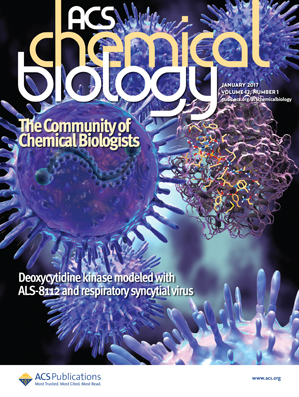Critical race theory as a guide for White I-O psychologists' reflection and reflexivity.
IF 3.5
2区 生物学
Q2 BIOCHEMISTRY & MOLECULAR BIOLOGY
引用次数: 0
Abstract
Following the death of George Floyd, many White people (including me, the author of this commentary) joined book clubs that centered on examining Whiteness in a racialized society. After finishing the final chapter of books such as How to Be an Antiracist by Ibram X. Kendi (2019), The Hate U Give by Angie Thomas (2017), and White Fragility by Robyn DiAngelo (2018), my book club, like others, disbanded and further reflection would seemingly dwindle until the next brutal police shooting of an unarmed Black man. Industrial-organizational psychology scientists and practitioners alike formed diversity, equity, and inclusion (DEI) committees with lofty goals to tackle systemic inequities that permeate our institutions and organizations, yet the reticence of addressing Whiteness in our research and practice has persisted. In conjunction with Hyland ’ s (2023) recommendations for engaging in reflective practice, White I-O psychologists across research and practice areas (i.e., not just those in DEI spaces) must consider how White ears and eyes, that is, a White frame of reference, influence our work. Through participation in ongoing reflective and reflexive processes, racial blind spots will unveil themselves, propelling forward a future wherein I-O psychologists are better positioned to meet employees ’ varying needs across a diversity of lived experiences and social identities.批判种族理论对白人I-O心理学家反思与反身性的指导。
本文章由计算机程序翻译,如有差异,请以英文原文为准。
求助全文
约1分钟内获得全文
求助全文
来源期刊

ACS Chemical Biology
生物-生化与分子生物学
CiteScore
7.50
自引率
5.00%
发文量
353
审稿时长
3.3 months
期刊介绍:
ACS Chemical Biology provides an international forum for the rapid communication of research that broadly embraces the interface between chemistry and biology.
The journal also serves as a forum to facilitate the communication between biologists and chemists that will translate into new research opportunities and discoveries. Results will be published in which molecular reasoning has been used to probe questions through in vitro investigations, cell biological methods, or organismic studies.
We welcome mechanistic studies on proteins, nucleic acids, sugars, lipids, and nonbiological polymers. The journal serves a large scientific community, exploring cellular function from both chemical and biological perspectives. It is understood that submitted work is based upon original results and has not been published previously.
 求助内容:
求助内容: 应助结果提醒方式:
应助结果提醒方式:


